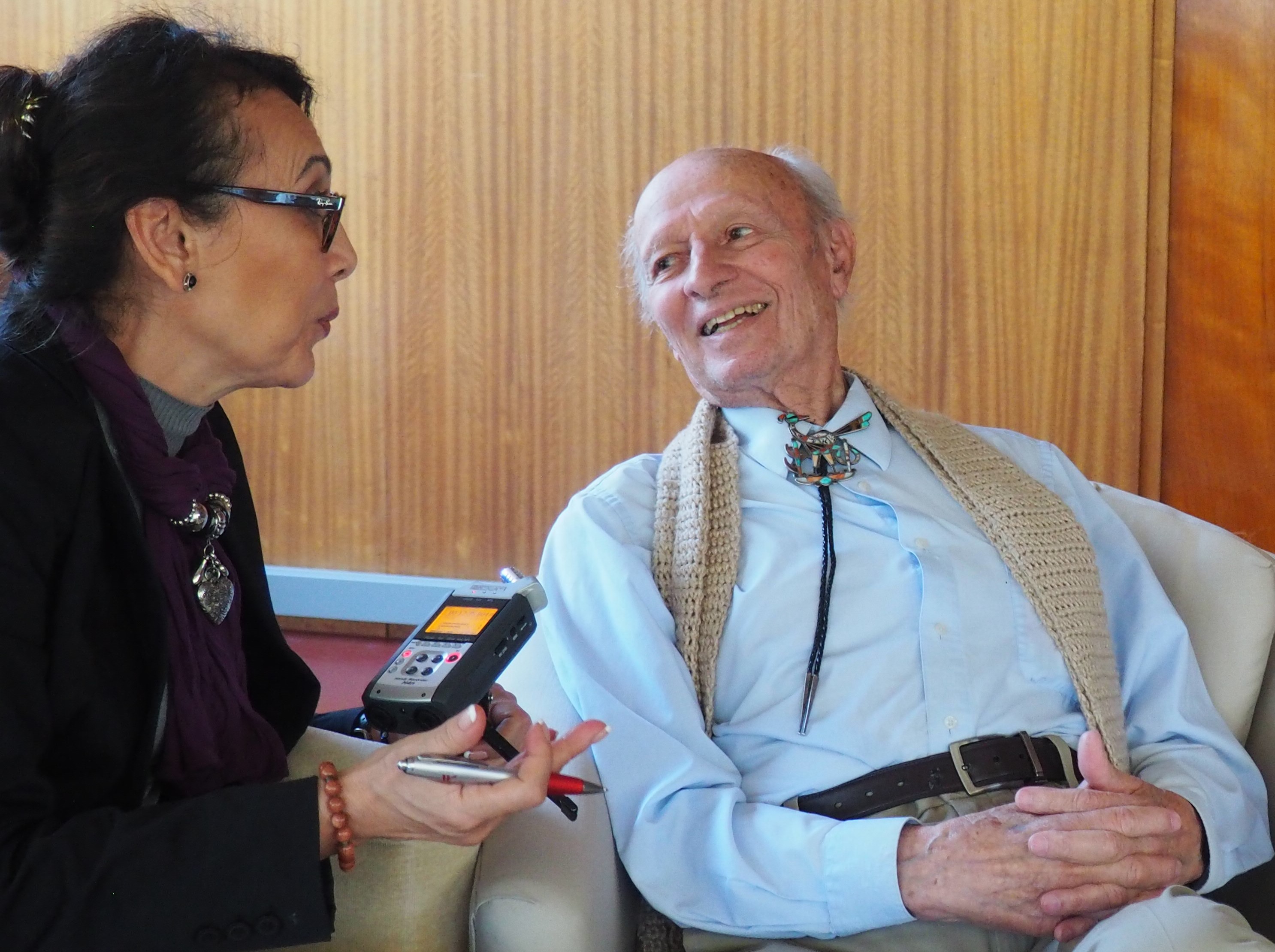
Oral Histories and Audiovisual Collections
Audiovisual collections at RBSCL document Egyptian and regional society and culture, as well as the history of AUC.
RBSCL makes available for research rich collections of motion-picture and sound recordings encompassing born-digital media, reel-to-reel film and audio tapes, and video and audio cassette tapes. Most recordings in original analog formats have been digitized and in many cases made available in the Rare Books and Special Collections Digital Library. Oral history interviews represent an important segment of these collections.
For guidance, contact our specialists and see visiting and doing research.
Search our collections via the Library Catalog and Rare Books and Special Collections Digital Library.
